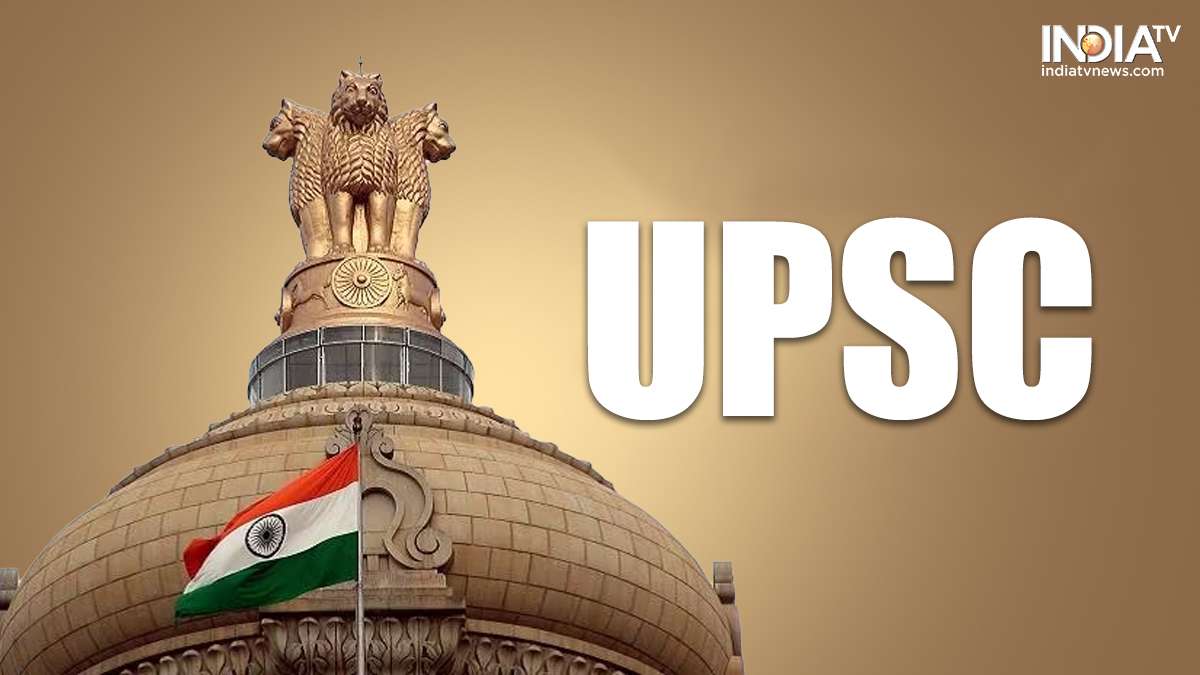Mastering the Civil Services Examination: A Mock Interview Scenario
Introduction:
Preparing for the Civil Services Examination (CSE) is a journey that demands dedication, perseverance, and thorough knowledge of diverse subjects.

Among the crucial stages of this rigorous process is the personal interview, where candidates are evaluated not only on their academic prowess but also on their personality, clarity of thought, and problem-solving abilities. In this article, we’ll delve into a mock interview scenario for the Civil Services Examination, offering insights into the types of questions candidates might encounter and how to approach them effectively.
The Interview Setting:
Picture yourself seated in a well-lit room adorned with bookshelves filled with literary classics and academic texts.
Across the table sits a panel of seasoned bureaucrats, scholars, and experts from various fields, ready to scrutinize your every word and gesture. This is the moment where your years of preparation and hard work will be put to the test.
The Interview Begins:
Panel Chairperson: “Good morning! Please introduce yourself and share your motivation for pursuing a career in the civil services.”
Candidate: “Good morning, esteemed panel members. My name is [Candidate’s Name], and I hail from [Candidate’s Hometown]. I am a graduate in [Candidate’s Field of Study], and my passion for serving the nation and contributing to its development has been the driving force behind my decision to pursue a career in the civil services.”
Panel Member 1: “That’s commendable, [Candidate’s Name]. Now, let’s discuss a pressing issue facing our country today – environmental degradation. What, in your opinion, are the primary causes of environmental degradation, and how can the government address them?”
Candidate: “Environmental degradation stems from a multitude of factors, including deforestation, industrial pollution, and unsustainable agricultural practices. To address these issues, the government must enact stringent environmental regulations, promote renewable energy sources, and encourage community participation in conservation efforts. Additionally, fostering environmental education and awareness from grassroots levels can instill a sense of responsibility towards our natural resources.”
Panel Member 2: “Impressive insights, [Candidate’s Name]. Moving on, how do you envision leveraging technology to enhance governance and public service delivery?”
Candidate: “Technology has the power to revolutionize governance by improving transparency, efficiency, and accessibility. Leveraging technologies such as blockchain for secure transactions, artificial intelligence for data analysis, and e-governance portals for citizen services can streamline administrative processes and bridge the gap between the government and the people. However, it is essential to ensure digital literacy and inclusivity to prevent technology from widening existing disparities.”
Panel Chairperson: “Well-articulated, [Candidate’s Name]. Now, let’s delve into a hypothetical scenario. Imagine you are the District Magistrate of a drought-affected region. How would you tackle the crisis and ensure relief reaches the affected communities promptly?”
Candidate: “As the District Magistrate, my priority would be to coordinate with various stakeholders, including government agencies, non-profit organizations, and community leaders, to assess the extent of the drought and prioritize relief efforts. I would implement water conservation measures, provide financial assistance to farmers for alternative livelihoods, and organize awareness campaigns on sustainable farming practices. Additionally, setting up relief camps and distribution centers would ensure timely delivery of food, water, and medical aid to the affected populace.”
Conclusion:
As the mock interview draws to a close, the panel members nod in acknowledgment of the candidate’s comprehensive responses and composed demeanor. While this scenario is fictional, it mirrors the challenges and opportunities candidates may encounter during the actual Civil Services Examination interview. By honing their knowledge, communication skills, and critical thinking abilities, aspirants can navigate the interview process with confidence and aspire to serve the nation with distinction.